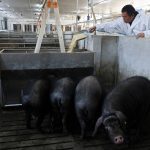
Tag Archives Nitrogen
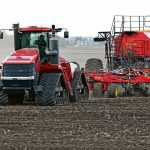
No fertilizer price relief expected for this year
Turmoil in Iran, lower production in Europe and restricted exports from China will likely help keep fertilizer prices high
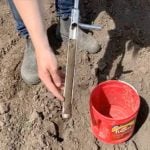
How to succeed at 4R fertilizer management on your farm
Agronomy Management: The “right” approach for on-farm nutrient management and fertilizer varies from region to region in Western Canada

Nutrien pays farmers for efficient nitrogen
Nutrien’s Sustainable Nitrogen Outcomes (SNO) program pays Prairie farmers to limit nitrogen loss and, therefore, fertilizer-related greenhouse gas emissions.
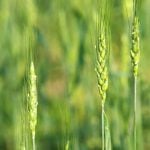
Code cracked on nitrogen-fixing wheat?
California researchers used gene editing to create wheat plants that can fix their own nitrogen.
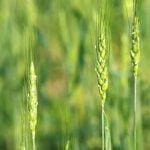
California researchers create nitrogen-fixing wheat
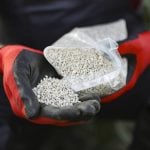
Fertilizer label changes called costly, unnecessary
Canada’s bulk fertilizer makers now have until July 2026 to update their labels, but industry says the rules will be expensive to implement and won’t actually provide safety gains

Ramp up your nitrogen efficiency in winter cereals: VIDEO
Nitrogen ramps are a tool to help farmers hone fertilizer rates for the best, most efficient winter cereal crop

Cutting nitrogen in dry beans could pay off for farmers
Manitoba trials test whether farmers can apply less nitrogen to dry beans without losing yield, despite their typically poor nitrogen-fixing capacity

On-farm research translates crop breakthroughs into ‘farmer speak’
Field-scale crop research gives commercial acumen and real farm reality check to raw science and small-plot agricultural studies

VIDEO: Yield-eating weeds and pest insects tackled at field day
The University of Manitoba put the spotlight on its in-progress crop research, including the concept of a nurse crop against flea beetles, corn weed control and high-protein canola fertilizer


